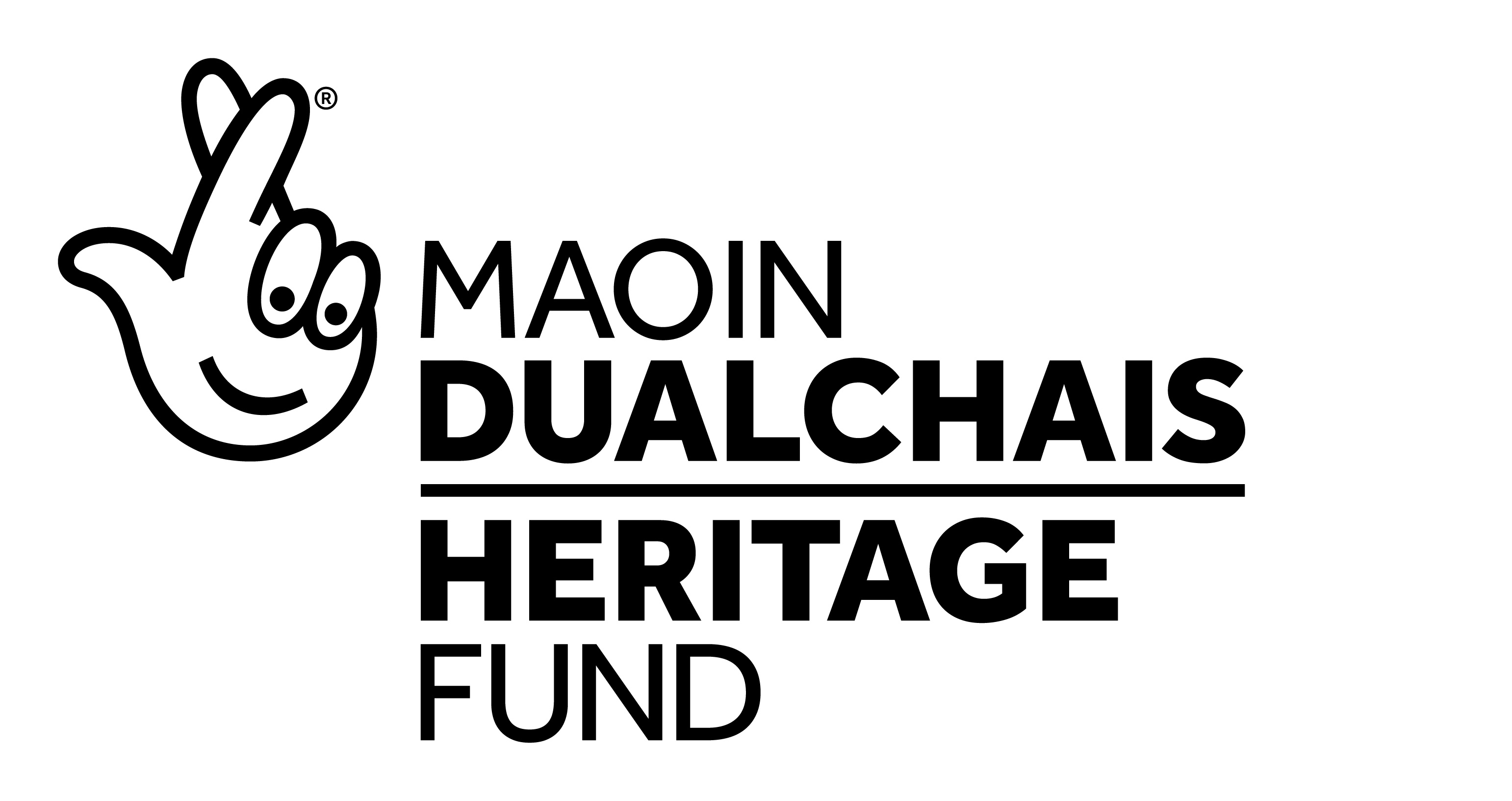-

-
Christine Sloman
This submission is particularly personal to me as I spent a great deal of time in hospitals in Edinburgh and in London with my daughter Anna Elliott after she became seriously ill as a teenager.
Beyond the Sea is a series of collages which evolved following a residency on Skye. The title is a reference to the colour ultramarine, a vivid blue which I experimented with during this time; the word 'ultramarine' means beyond the sea. I worked with this pigment, occasionally in its purest form, but more often mixed in with other colours. The assembly of these collages, arranging and rearranging the images and then pasting and sewing them together has been a way of self-soothing. I have found the act of making a form of meditation, and I believe that there is something inherently calming in the soothing properties of the colour blue, reminding us of the expansive beauty of the sea and the sky on a clear day.
The colour blue can also be indicative of a state of mind. Anna died in November 2021 at the age of 26. The last few years have been a time of profound grief for me, the very deepest shade of blue. Sometimes I like to imagine her existing somewhere beyond the sea. It's just too difficult to think of her as simply not being.
-

-
Rory Hamilton
Turning to Stone - the things people sayWhen you're a patient with a chronic condition, sometimes people in your 'care network' say some pretty odd things. These artworks try to represent some of the comments I heard along my 'care journey', from friends, family, and medical professionals.
"It's one of those diagnoses that's usually in an episode of Grey's Anatomy".
I was diagnosed with Sarcoidosis three years ago. It's an autoimmune disease that can affect many organs in the body. For me this mostly appears in my lungs, kidneys, and as too much calcium in my bloodstream.
"So you're saying I'm Scottish... and I have TOO MUCH vitamin D?!"
Being able to laugh at the comments I hear helps me remain myself and stops me from feeling like an object, a specimen, a problem, or something to be pitied.
I've represented some of the comments I've heard in this group of prints, pairing each one with photos and drawings that express how the phrase made me feel. Often, I'm laughing, sometimes with you, sometimes at you.
-

-
In Forever Changes, I reflected on the transformative power of care. I was drawn to the Greek sea god Proteus, symbolising change, which resonated as my father was in the merchant navy. I paired this with images of child brain development and trauma interventions to underscore care's potential to heal.
Overflowing Cup uses the marks made by the spilt tea, arranged to make a pattern that I felt suggested a delicate, organism-like image. The title ironically references the bible quote 'my cup runneth over', which reflects the often poor regard in which care is held.
-

Strength in Numbers is a collaborative print project made with colleagues, symbolising the inspiration I've gained from those around me, whose knowledge, skill, and love shaped me.
Astronaut is a playful take on a traditionally 'macho' figure in response to my work with young people who, shaped by difficult experiences, often expected aggression from men. Responding with playfulness always felt like a powerful approach.
-
Jenny Martin
The body of work on show is from a series I made about my grandmother. When she moved into a care home, I received objects which had belonged to her, which reminded me of her as a younger person and the interests we shared, in particular sewing and knitting.
These objects were mundane but also beautiful and quirky, with vintage typography and outdated purposes. I started to make work about the contents of her sewing box, which initially symbolised a concern with mending and not throwing things away. Nowadays, we discard clothes which have become worn, but in the past they would have been mended and adapted, with nothing being wasted. As I made thie work over a period of a few years, the meaning of the work subtly changed to also become a document or portrait of my grandma, who by this time had died. It began to represent the concern of her generation with caring for the things they owned, which seemed very prescient for our own times.
My grandma was herself in a care home, having spent some time in hospitals on the way. The physical environment was key for her wellbeing. I believe it is very important to make care environments beautiful, interesting and more human; art is a good way of doing this. It can provide a sense of the familiar in an unfamiliar environment. I believe passionately in the work Tonic Arts does in hospitals and care settings and am so pleased to be part of this exhibition.
-
-
Tonic Arts is NHS Lothian Charity’s vibrant, award-winning programme that creatively enhances the patient, staff and visitor experience at NHS Lothian.
Working in partnership with staff and patients, they deliver a diverse arts programme of events, workshops, exhibitions and site-specific art commissions that help improve staff and patient health and wellbeing across the NHS Lothian community.
Established international evidence confirms the important role creativity plays within the healthcare context, enriching the healthcare experience for all; saving resources and improving patient experience by reducing the need for pain medication, shortening length of stay, reducing anxiety and depression and improving patient and staff morale.

Exhibition with Tonic Arts at Western General Hospital, 7 Dec 2024 - 15 May 2025
























